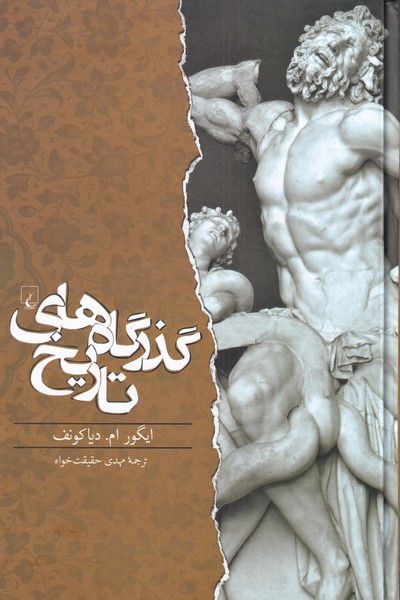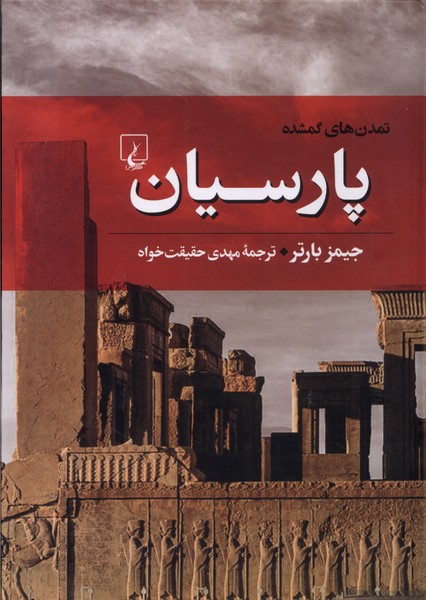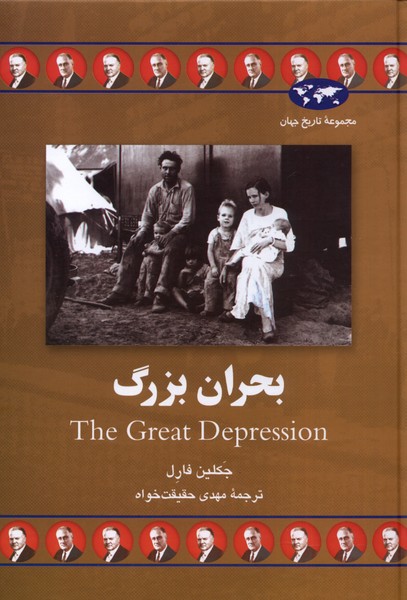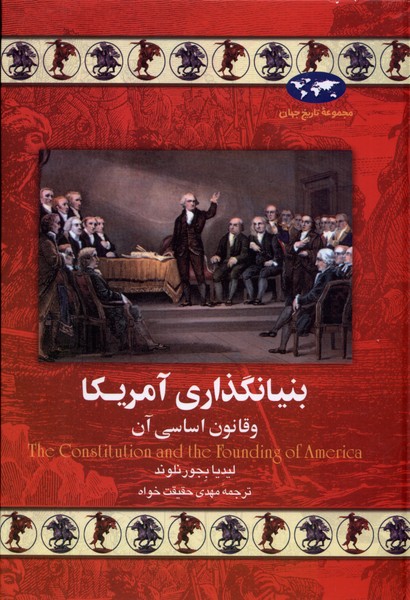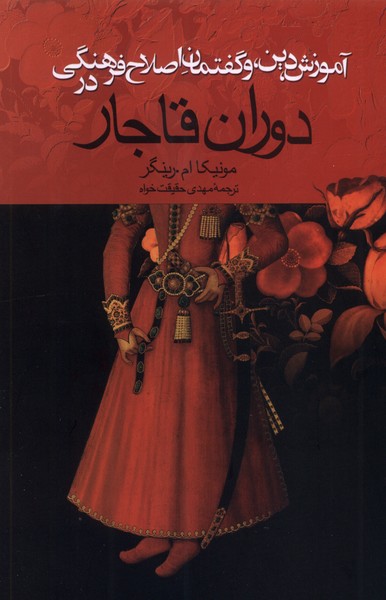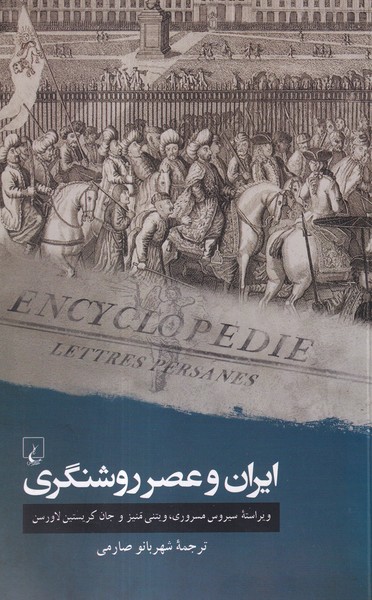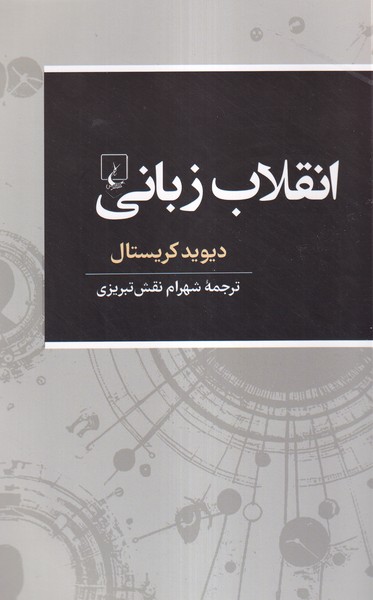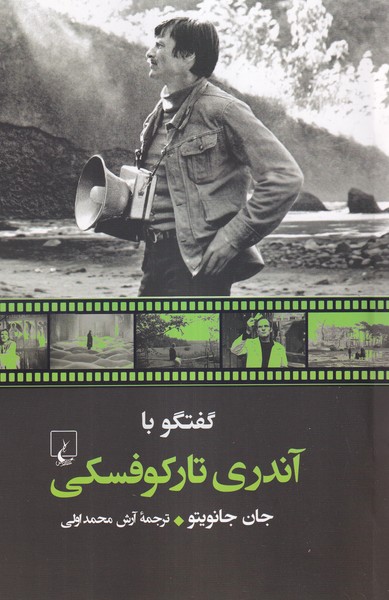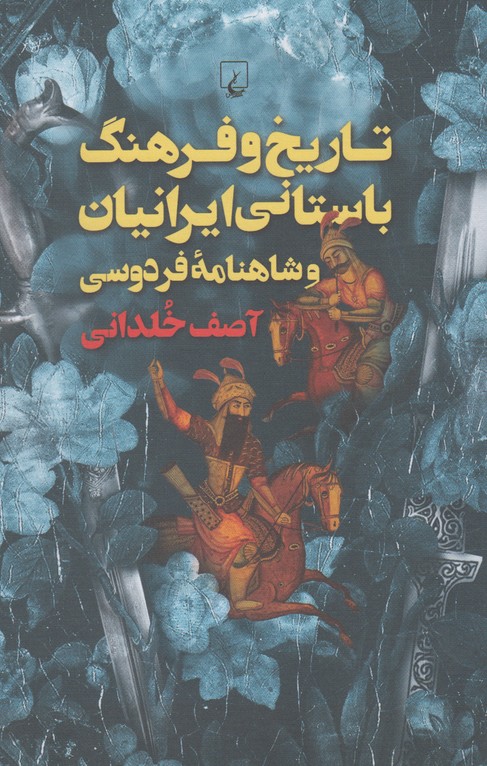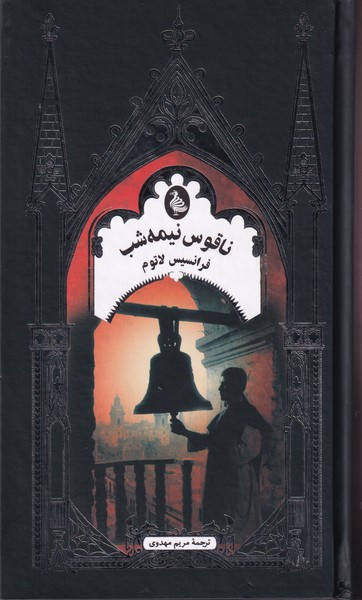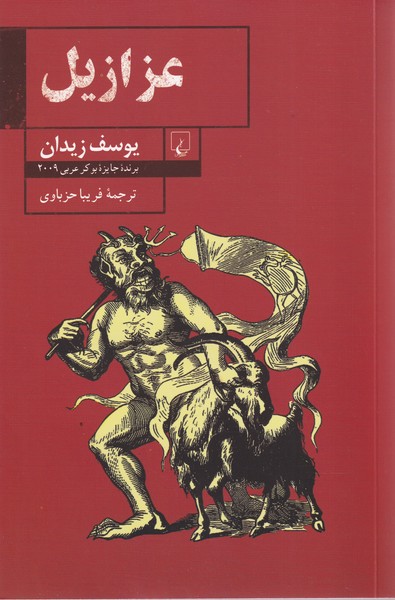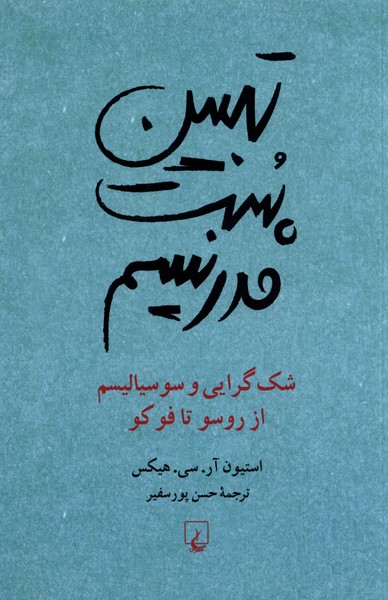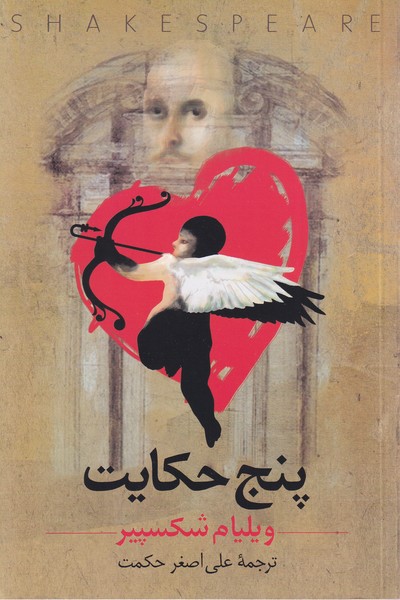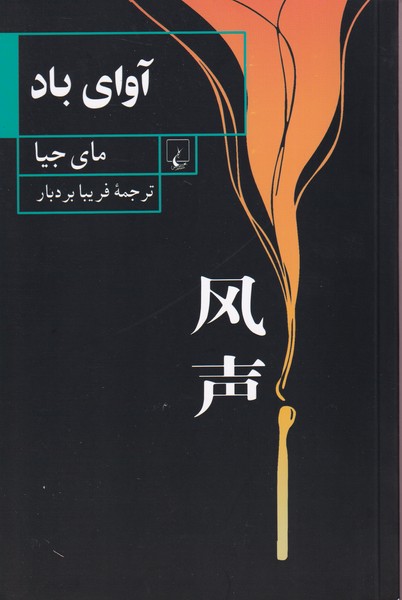Guẕargāh'hā-yi tārīkh: Persian 1399
گذرگاههای تاریخ
23.44 €
Share
Wishlist
ISBN:
9789643113087
Translator:
Mahdī Ḥaqīqat khvāh
Publisher:
Quqnus
Age Group:
Adult
Pages:
504
Weight:
898 g
Dimensions:
18 x 25 x 5.5 cm
Book Cover:
Hard Cover
Passages of History traces the outline of the processes of history from the Paleolithic period to the present day and gives a general, concise, unique, and readable impression of the entire human history and the laws that govern it. This book is an extensive and ambitious research that makes Marx's theory of social transformation the basis of his new ways. But Professor Diakonoff has expanded Marx's five evolutionary stages to eight stages. Apart from that and unlike Marx, Professor Diakoneff does not accept that our transition from one stage to the next is characterized by conflict and social revolution and believes that these transitions sometimes take place peacefully. Professor Diakoneff's attention is not limited to the economic and social dimensions of the transformation but also explores in detail the ethnic, cultural, religious, and military technological factors that have lasted for centuries. Professor Diakonoff also does not accept the opinion that social change is necessarily a sign of progress and shows how "every progress is at the same time a regression." Finally, the book ends with a vision of the future of man and gives the reader a conclusion about what the future will hold. As the reader goes through various historical stages along with the book, he encounters a great and thought-provoking study of the history of humankind, which is considered the most important intelligent historical work of the world after Twain. Igor M. Diakonoff is a professor emeritus at Saint Petersburg University's Institute of Evil and is the author of many scholarly works, including the history of the Medes, the three-volume History of the ancient world (1989), which he edited, and the Ancient myths of evil and the West (1993).
more
گذرگاه های تاریخ طرح کلی فرایندهای تاریخ را از دوره دیرینه سنگی تا به امروز پی می گیرد و برداشتی کلی ، موجز، بی همتا و خواندنی از سراسر تاریخ انسان و قوانین حاکم بر آن به دست می دهد. این کتاب پژوهشی گسترده و بلندپروازانه است که نظریه تحول اجتماعی مارکس را پایه راه جویی های تازه خود قرار می دهد. اما پروفسور دیاکونف پنج مرحله تحولی مارکس را به هشت مرحله گسترش داده است . از آن گذشته و برخلاف مارکس ، پروفسور دیاکونف نمی پذیرد که گذار ما از یک مرحله به مرحله بعدی با ستیزه و انقلاب اجتماعی مشخص می شود و بر آن است که این گذارها گاهی با مسالمت و آرامش انجام می پذیرد. توجه پروفسور دیاکونف تنها به ابعاد اقتصادی و اقتصادی اجتماعی تحول محدود نمی ماند، بلکه عوامل قومی ، فرهنگی ، مذهبی و نظامی فن آورانه ای را نیز که طی قرن ها دوام آورده است به تفصیل می کاود. پروفسور دیاکونف همچنین این نظر را نمی پذیرد که تحول اجتماعی حتما و الزاما نشانه پیشرفت است و نشان می دهد که چگونه «هر پیشرفتی در عین حال یک پسرفت است .» سرانجام کتاب با ارایه چشم اندازی از آینده انسان پایان می یابد و نتیجه گیری در این باره را که آینده چه در بر خواهد داشت به خواننده وامی گذارد. خواننده همچنان که همراه کتاب از مراحل گوناگون تاریخی می گذرد، با پژوهشی سترگ و تأمل برانگیز از فرایند تاریخ نوع انسان مواجه می شود که پس از توین بی مهم ترین اثر تاریخی هوشمندانه جهان به شمار می آید. ایگور ام . دیاکونف استاد ممتاز موسسه شرشناسی دانشگاه سن پترزبورگ و صاحب تألیفات عالمانه بسیاری از جمله تاریخ ماد، دوره سه جلدی تاریخ جهان باستان (١٩٨٩)، که او سرویراستار آن بود، و اسطوره های باستانی شر و غرب (١٩٩٣) است .
more

